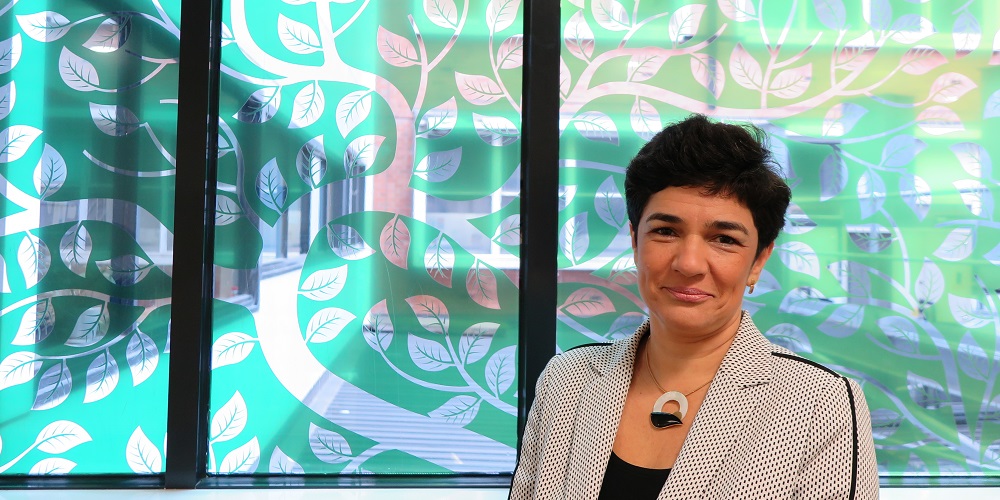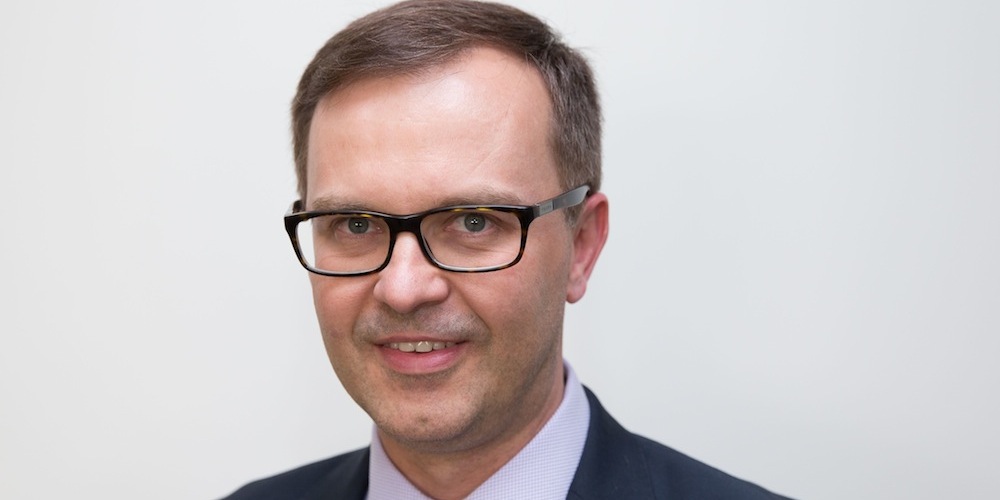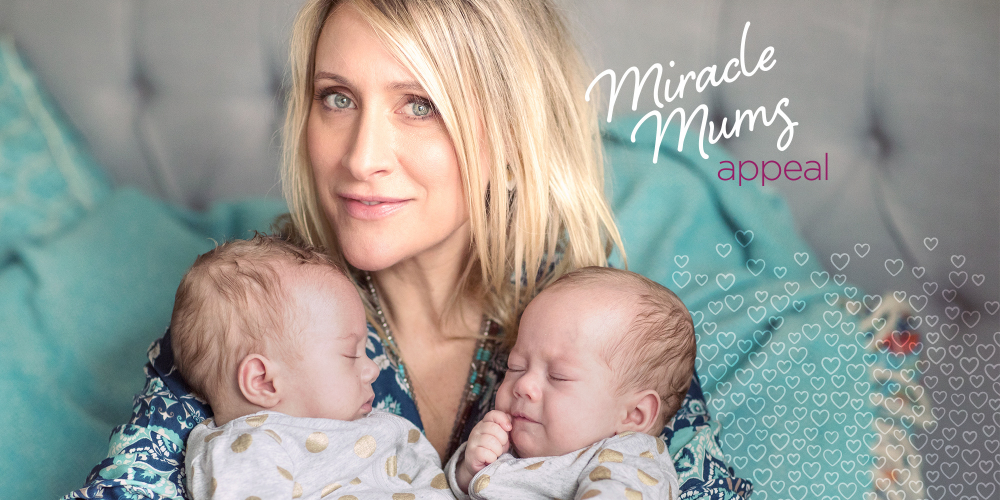
Staff at the Women’s have heard how a pioneering new technique to treat babies with spina bifida in utero has decreased the risk of babies needing a shunt to drain fluid from their brain and improved the chances of these babies walking.
Dr Denise Pedreira, an obstetrician-gynaecologist and fetal medicine specialist at the Albert Einstein Hospital in São Paulo, Brazil, made a special trip to the Women’s this week, ahead of her keynote address at the Australian Association of Obstetric and Gynaecological Ultrasound (AAOGU) annual meeting this weekend on the Gold Coast.
Dr Pedreira said her research, which had been 14 years in the making, had successfully found a less-invasive method of treating babies with spina bifida in utero, which eliminated the need to open the mother’s abdominal wall to exteriorise the uterus, open it and expose the baby’s spine for operation.
“Through three or more ports (keyholes) we remove the fluid in the womb and replace it with gas so we can do the dissecting and suturing, then we put the fluid back in and the pregnancy continues,” Dr Pedreira said.
“We now have 56 successful cases. So now we really have the numbers to back up what we imagined 14 years ago; that it was do-able, safer for the mother and better for the baby.”
Spina bifida (which is Latin for ‘split spine’) occurs when a baby’s spinal cord fails to develop or close properly, leaving the spinal cord and nerves exposed on the surface of the back, with the overlying bone and skin missing.
In most cases, this causes a range of motor and sensory problems for the baby once it is born, including bowel and bladder problems, loss of ability to walk and hydrocephalus – excessive fluid in the brain.
Dr Pedreira said there was growing international interest in the treatment, with a hospital in Israel adopting the practice earlier this year after Dr Pedreira and her team travelled there to teach staff.
“This is becoming mainstream,” she said.

Dr Pedreira will join the Women’s Clinical Director of Ultrasound Services, A/Prof Ricardo Palma-Dias, at the AAOGU this weekend, where she will share her findings with fetal medicine specialists from around Australia.
